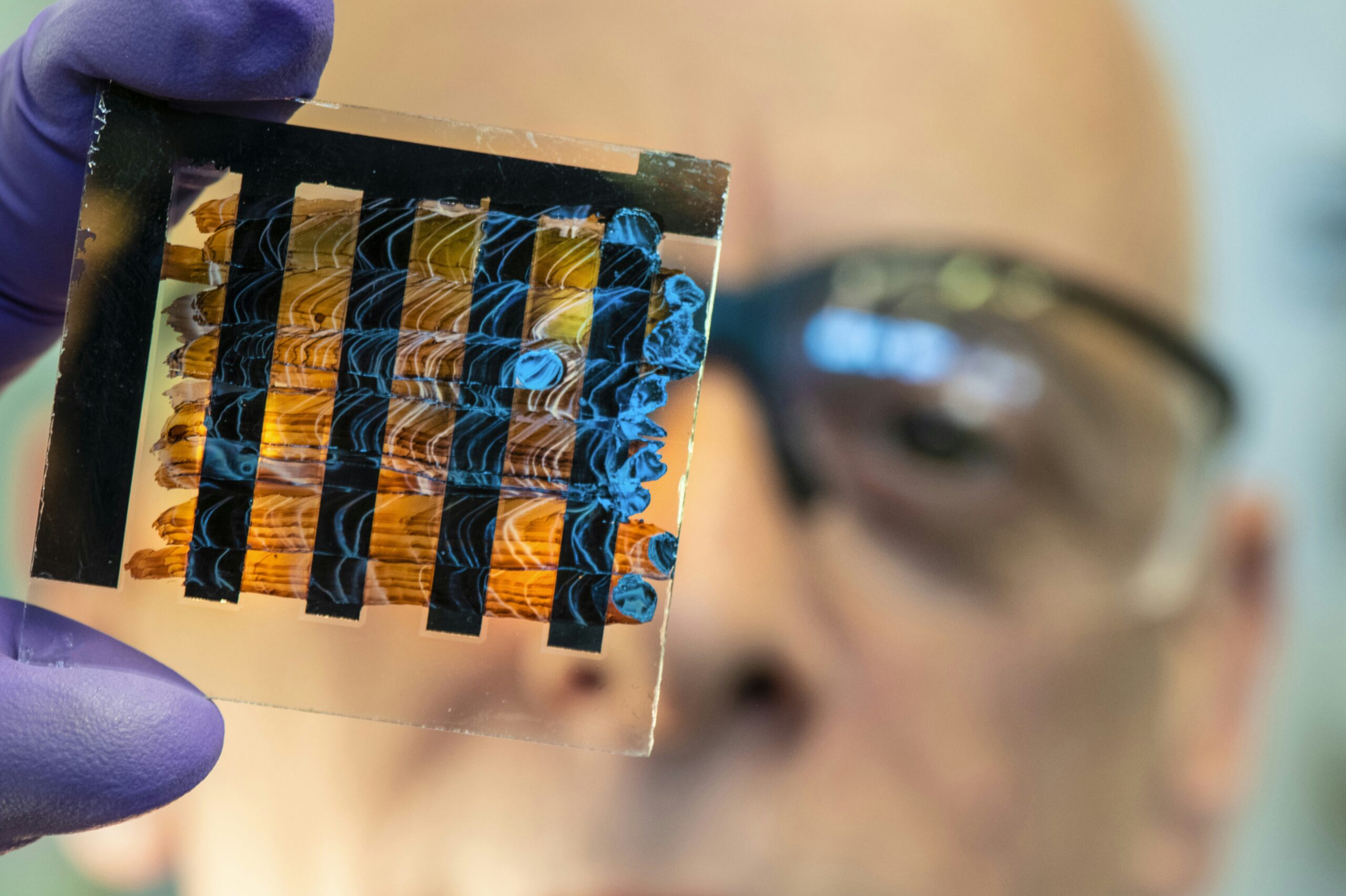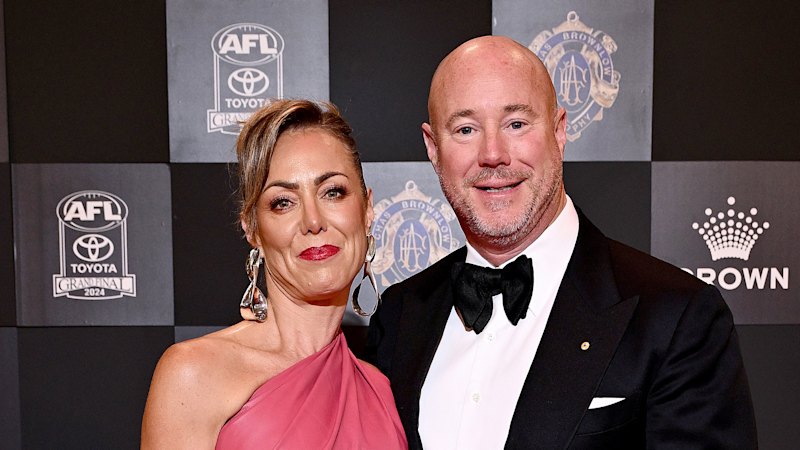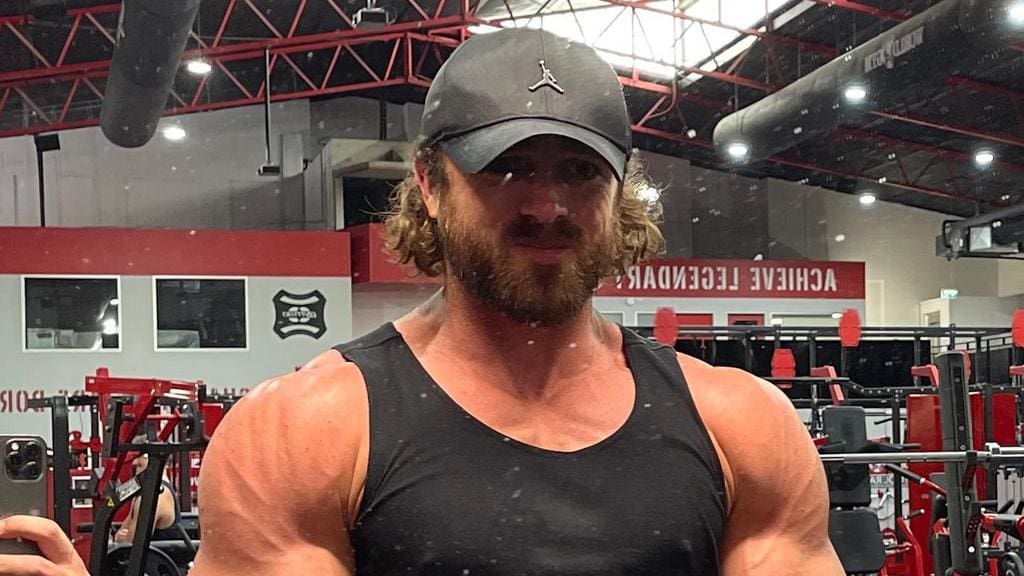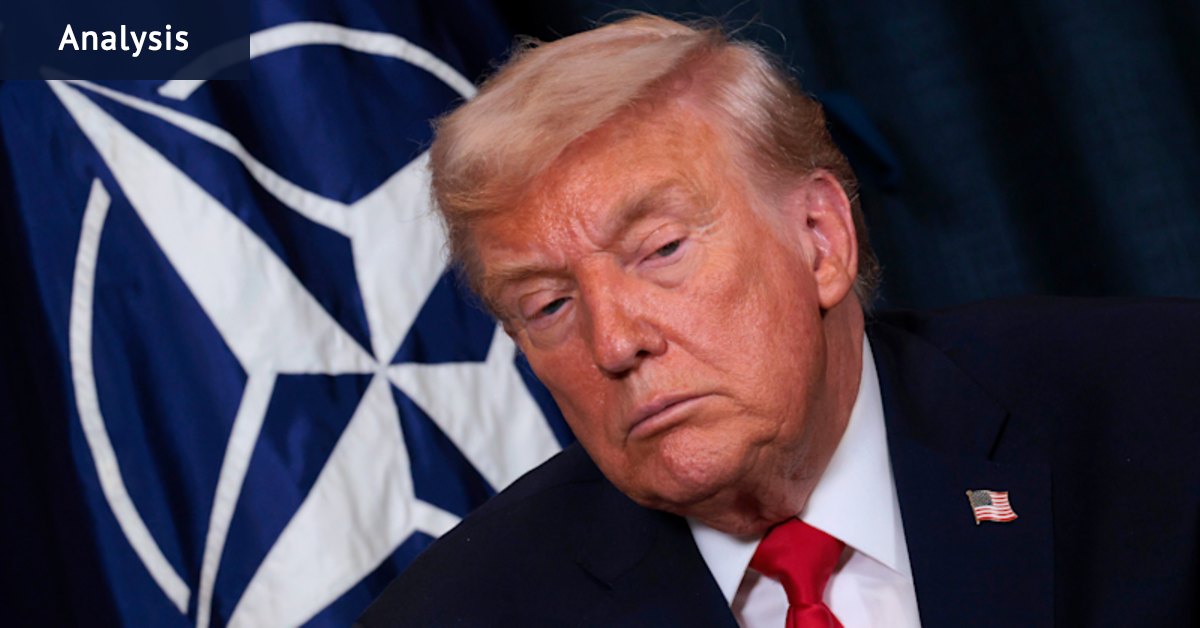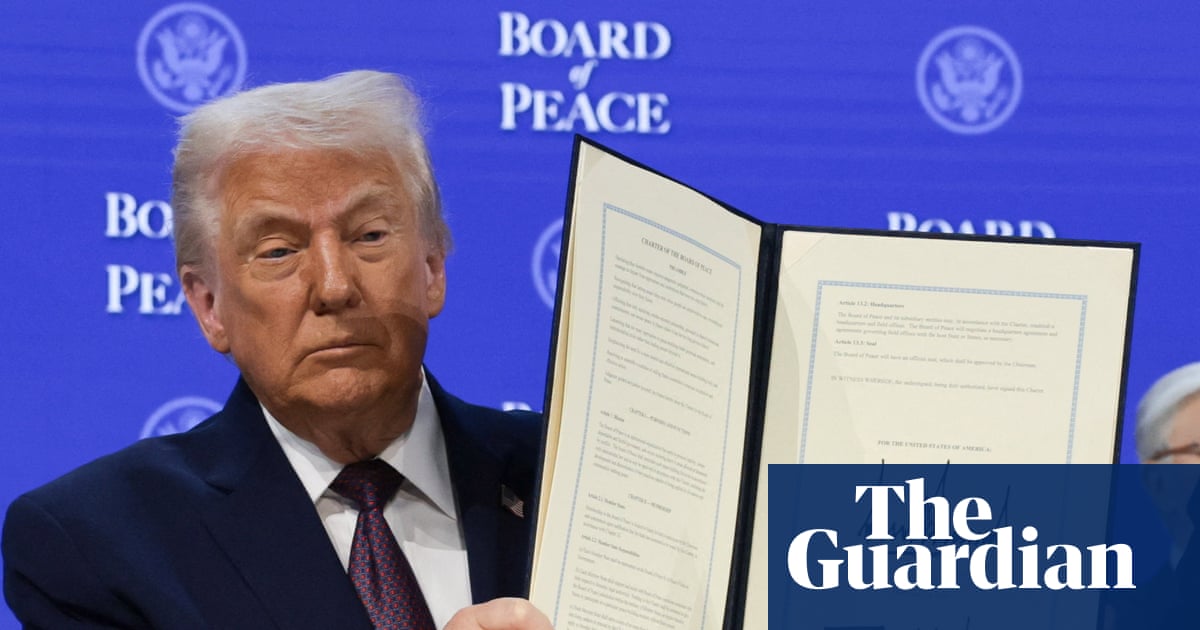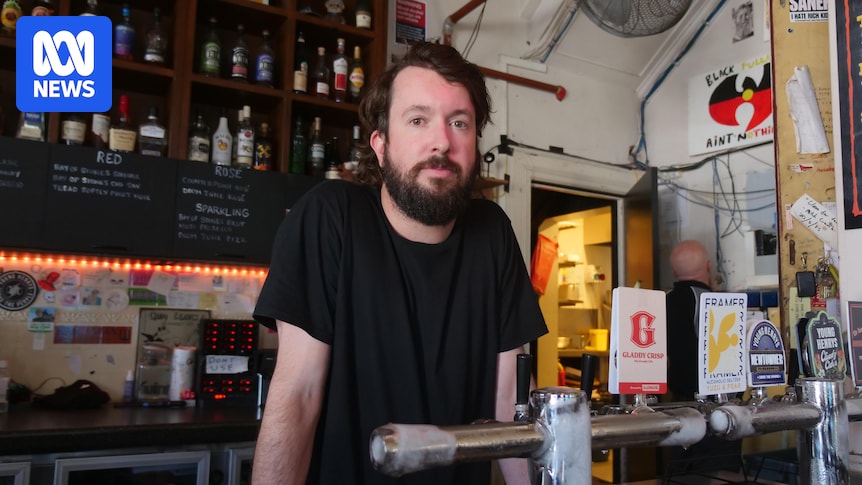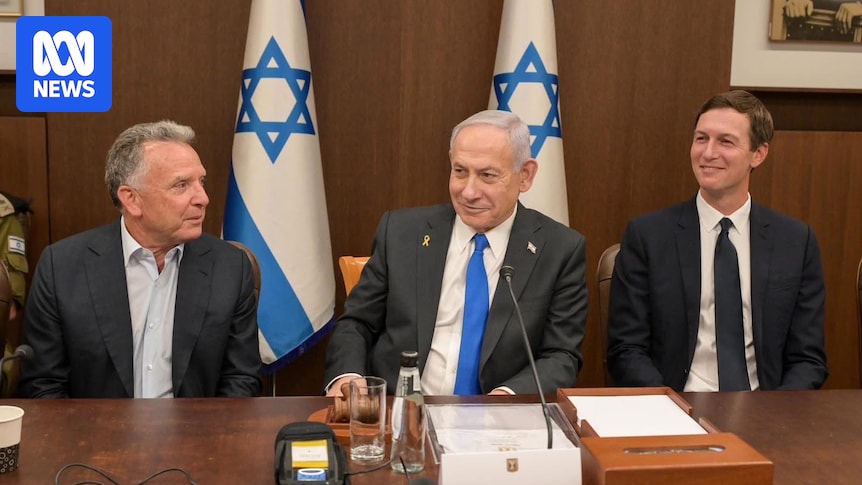
After months of stalled talks following the collapse of a ceasefire deal in March, a familiar face was seen sitting alongside Israeli Prime Minister Benjamin Netanyahu as a first-phase peace deal was finalized: Jared Kushner. The son-in-law of former US President Donald Trump was in Jerusalem, accompanied by billionaire and Middle East special envoy Steve Witkoff, to present the agreement to Israel’s Cabinet before it was approved on Thursday evening.
In high-stakes negotiations like these, a team of people is required to carry out painstaking work behind the scenes to bring both parties to the bargaining table. According to senior US officials, Kushner and Witkoff were two key players involved in closing the deal, as mediators worked to bring Israel and Hamas closer to an agreement.
Kushner’s Strategic Involvement
Earlier this week, Kushner and Witkoff flew to Egypt to join negotiations between the two delegations, which included discussions about the release of Palestinian prisoners and the return of Israeli hostages taken during the terrorist attack on Israel on October 7, 2023. Hours later, Trump announced that Israel and Hamas had agreed to phase one of a peace plan, which involved a ceasefire and an Israeli military pullback to a “yellow line” within Gaza.
The breakthrough delivered Trump a made-for-TV moment when Secretary of State Marco Rubio crossed the room to whisper the news in his ear in front of waiting cameras. Trump has since lauded the efforts of his negotiating team, dubbed the “dealmaking consortium,” which included Rubio, Witkoff, War Secretary Pete Hegseth, and Jared Kushner.
“Jared’s a very smart guy. He did the Abraham Accords,” Trump said when asked why Kushner had joined this round of talks. “He’s a very smart person and he knows the region, knows the people, knows a lot of the players.”
The Return of a Key Diplomat
Unlike in Trump’s first term when Kushner served as an adviser, the businessman does not hold a government position. Senior US officials said he initially served in an informal advisory role for the final round of negotiations, and his involvement in efforts to secure a peace deal has increased over the past few months.
Last week, Kushner told a government meeting in Jerusalem that the peace deal “would not have been possible without the bravery of the IDF [Israel Defense Forces] and its soldiers.”
“What they’ve accomplished not just in Gaza, but also what they’ve done in the theatre over the last couple of years to eliminate Hezbollah in the north and really degrade them,” he said.
Jerusalem had been the last of many stops on Kushner and Witkoff’s crisscrossing journey through the US and the Middle East to get an agreement over the line. Kushner also praised Netanyahu for his role in the negotiations.
“You held your lines firm and I think that between you and President Trump, you had a lot of alignment on what the end state should be,” Kushner remarked.
Business Ventures and Ethical Concerns
While he has never been far from the White House, Kushner pivoted back to the business world during Joe Biden’s term in office. In 2021, he formed investment firm Affinity Partners, which has ties to government wealth funds in Saudi Arabia, Qatar, and the United Arab Emirates, according to the New York Times. Recently, the businessman brokered a major deal to break into the lucrative gaming industry.
Affinity Partners is part of a consortium of private equity companies involved in a $55 billion bid to take gaming company Electronic Arts private in the biggest leveraged buyout of all time. A major backer is Saudi Arabia’s Public Investment Fund (PIF), which has been using PIF as part of its endeavor to become a major gaming hub.
Kushner’s business dealings within the Middle East have sparked scrutiny from ethics experts, Democrats in Congress, and some Republicans. When asked about potential conflicts of interest, White House press secretary Karoline Leavitt delivered a rebuke last week.
“I think it’s frankly despicable that you’re trying to suggest that it’s inappropriate for Jared Kushner, who is widely respected around the world and has great trust and relationships with these critical partners in these countries, to strike a 20-point, comprehensive, detailed peace plan that no other administration would ever be able to achieve,” she said.
The Path Ahead
Two weeks after the EA deal was made public, Kushner was in the Middle East negotiating a peace deal between Israel and Hamas. Trump’s son-in-law has seemingly been working behind the scenes on a peace deal in Gaza for months. In August, Kushner and former British Prime Minister Tony Blair reportedly participated in a meeting on Gaza in the White House, presenting the president with ideas for a post-war plan.
Diplomats told the Financial Times that Kushner had coordinated with Blair, who had been working on Gaza peace plans for more than a year using his Tony Blair Institute. Senior US officials said Kushner’s role in the negotiations started in more of an advisory capacity but, over the last few weeks, the work had really increased.
“The team had struggled, and his experience and his relationships with the key players was an important fact in the breakthrough,” Dan Shapiro, former US ambassador to Israel under the Obama administration, told Politico.
Netanyahu has joined the US president in praising Kushner and Witkoff for their efforts. He said Israel “couldn’t have achieved it without the extraordinary help of President Trump and his team,” Witkoff, and Kushner.
While the signing of a phase-one peace plan is welcome news in Israel and Gaza after months of stalled progress, many remain cautious about the days, weeks, and months ahead. Trump is planning to attend an “official” signing ceremony for the deal in Egypt, along with other Arab countries, including Qatar, Saudi Arabia, and the United Arab Emirates.
For now, there is a deal in place to halt fighting and release hostages and prisoners. However, many sticking points remain, including unresolved questions over the future governance of Gaza, security, and Palestinian self-determination.
